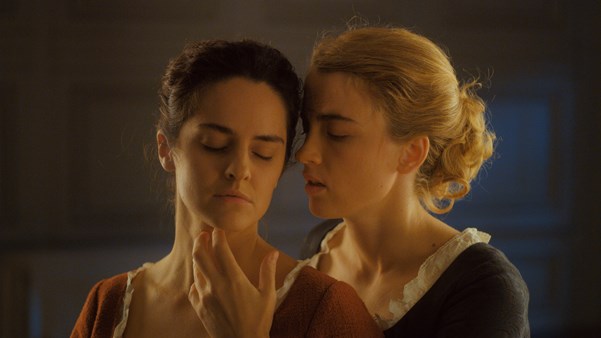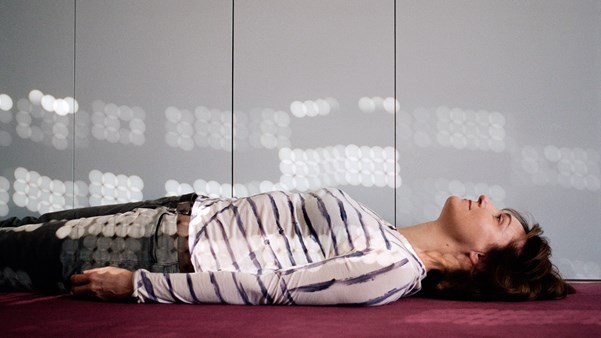With its depiction of governmental crimes, the filmmaker’s powerful, uncompromising work forces audiences to confront difficult truths. With the release of her latest Poland-censored film Green Border, Lillian Crawford looks back on Holland’s provocative career.

Agnieszka Holland’s commitment to activism is hereditary. Her mother Irena was a journalist who participated in the 1944 Warsaw Uprising as a member of the Polish resistance movement, and received the Righteous Among the Nations medal from the Yad Vashem Institute in Israel for aiding Jews during the Holocaust. Her father Henryk was a Communist activist from 1935 whose publications against prominent professors led to their dismissal from the Party. After his parents died in a Polish ghetto during World War II, he spent much of his adult life denying his Jewishness. The relationship between Holland’s parents was fractious and ended in divorce. They were often distant from their daughter, yet their experiences greatly influenced her later work.
Coming of age as an artist during the 1960s, Holland was also greatly inspired by the radical European film movements emerging around her. She was particularly taken with the Czech New Wave, the provocative realism and experimenta of directors including Miloš Forman and Věra Chytilová, which she experienced while studying in Prague. Following in her parents’ footsteps, she was arrested during the Prague Spring of 1968 for her support of Communist Party Secretary Alexander Dubček’s plans for ‘socialism with a human face’ in Czechoslovakia. When she was freed, Holland returned to Poland to write her first screenplay, which caught the attention of director Andrzej Wajda. He had been one of the pioneers of the Polish Film School, which drew on the style of Italian neorealism to portray a more complex view of Polish history during World War II and the German occupation.
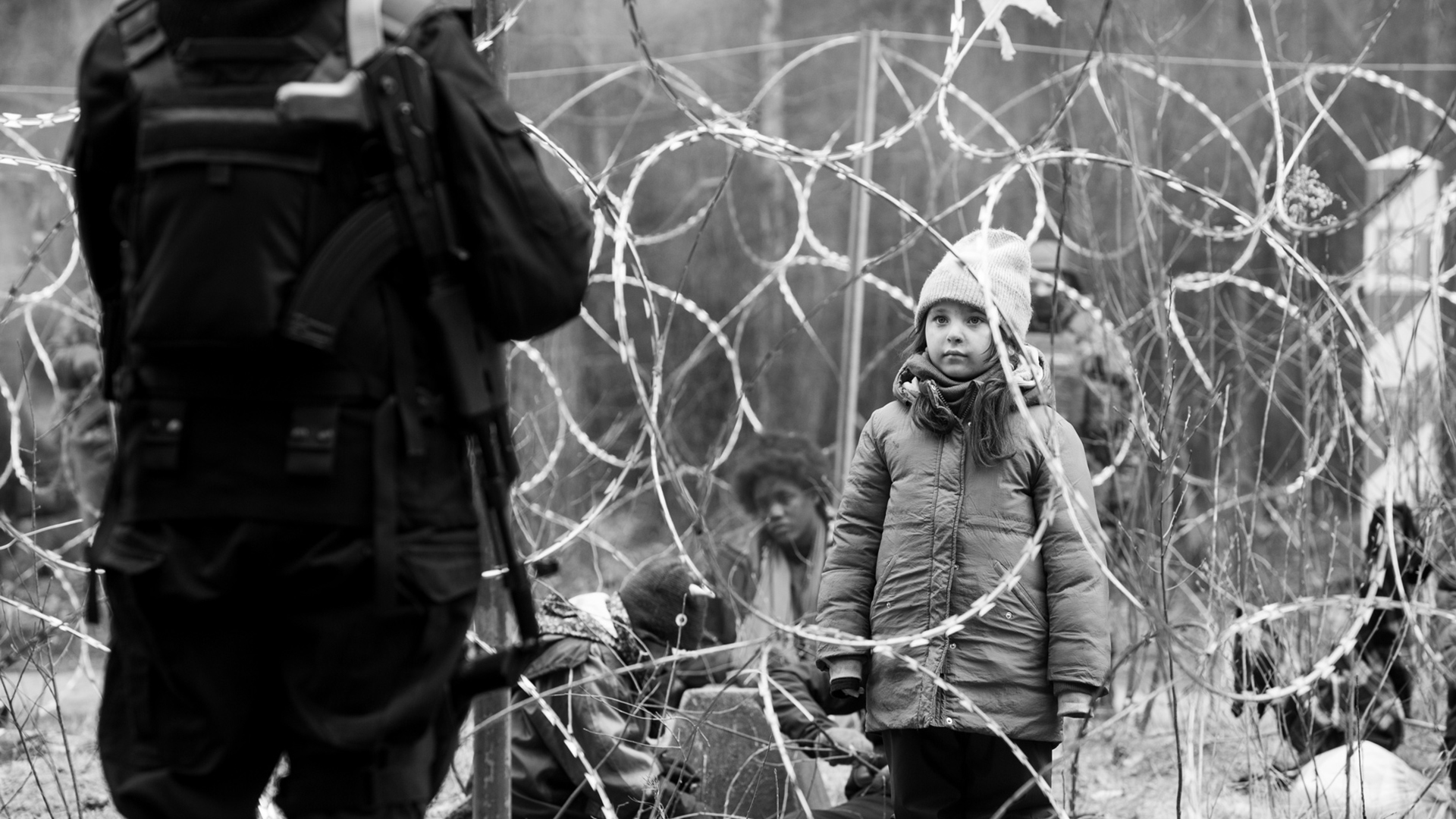
Wajda became Holland’s mentor, steering the development of her cinematic sensibility and commitment to reframing the past in ways that challenged the comfort of Polish audiences. Her early film experience included working on Krzysztof Zanussi’s Iluminacja (1973) and Wajda’s Danton (1983), the latter of which depicts the final weeks of a French Revolution leader. Her role as assistant director on Wajda’s Man of Marble (1977) introduced her to themes of hostility to the legacy of Stalinism and the oppression of artistic expression, which grew more pertinent with the rise of Polish trade union Solidarity into the 1980s. However, Communist censorship meant that Holland was unable to be credited on any films she worked on under her own name, with Wajda even offering to adopt her so she could shirk it. These themes became central to her 1979 feature directorial debut, Provincial Actors, about a young theatre director from Warsaw staging a play called Liberation in the Polish provinces.
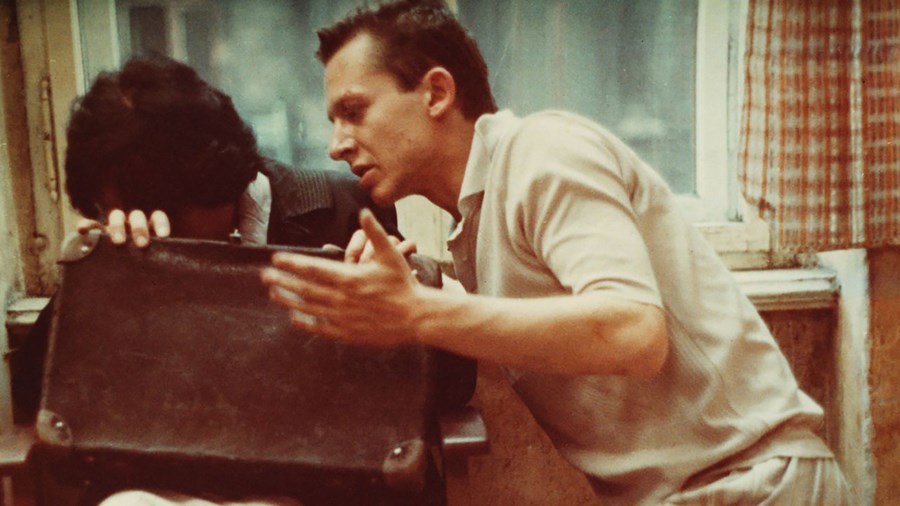
A Lonely Woman (1987)
Here began the conflict Holland continues to face in her filmmaking, between reception to her works abroad and in her home country. While she could not use her own name in Poland, Provincial Actors won her the International Critics Prize at the 1980 Cannes Film Festival. After directing two more films in Poland – Fever in 1980 and A Lonely Woman in 1987 – she moved to France shortly before martial law was imposed in December. From her exile, Holland continued writing screenplays for Wajda, ranging from a Dostoevsky adaptation starring Isabelle Huppert to a biographical war film produced as part of the BBC’s Screen Two television strand. Her reputation as an international filmmaker grew during this period. She developed 1985’s Angry Harvest in West Germany, based on a novel written by Hermann Field and Stanislaw Mierzenski during their imprisonment by the Polish government in the 1950s.
Angry Harvest is part of Holland’s period of sustained engagement with the Holocaust, and her exploration of how to reckon with the atrocities of World War II through the medium of cinema. It also brought her to wider acclaim, seeing her nominated for an Academy Award for Best Foreign Language Film. The nomination, bizarrely, led to her being invited to spend a day at Disneyland with producer Artur Brauner, who discussed the possibility of making Europa Europa (1990) on a ride that ended with them shaking hands on a contract. What stimulated perhaps Holland’s most enduring and bold pieces of filmmaking simultaneously led to her more sanitised Hollywood projects, especially her adaptation of Frances Hodgson Burnett’s children’s novel The Secret Garden in 1993.
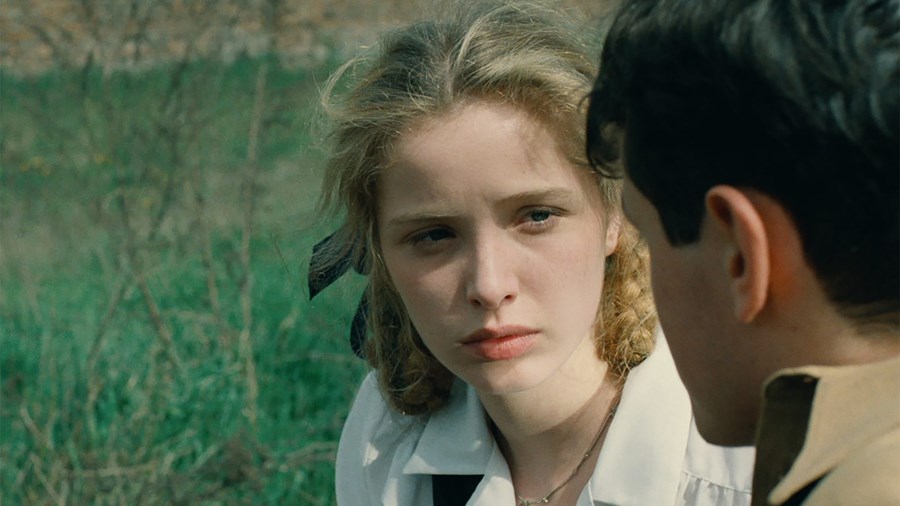
Europa Europa (1990)
Europa Europa is a far more brutal and harrowing depiction of childhood, following the true story of Jewish teenager Solomon Perel who fled Germany to Poland following Kristallnacht in 1938. Following his capture during the German invasion of the USSR, Perel convinced an officer that he was German and was enrolled in the Hitler Youth, denying his Jewishness and being forced into complicity with the Holocaust. The film blends terrifying realism with more abstract scenes, including a nightmare sequence in which Hilter and Stalin waltz together. Two decades later Holland made a very different Holocaust film, In Darkness (2011), about a Polish sewage worker who hid Jewish refugees in the Lwów sewers, reflecting Holland’s belief in the need to change the way we depict and talk about the Holocaust in the fight against audience passivity.
Holland has also never been afraid to use her cinema to attack the actions of the Polish government, from Communism to the present day. In 1988 she directed To Kill a Priest about the real-life murder of clergyman Jerzy Popiełuszko (Christopher Lambert) by a secret police captain (Ed Harris) sent to assassinate him. Her 2017 film Spoor adapted Nobel winner Olga Tokarczuk’s novel Drive Your Plow Over the Bones of the Dead (2009) into a more overtly political criticism of hunting freedoms in Poland and the devastating environmental impact of murdering wild animals.
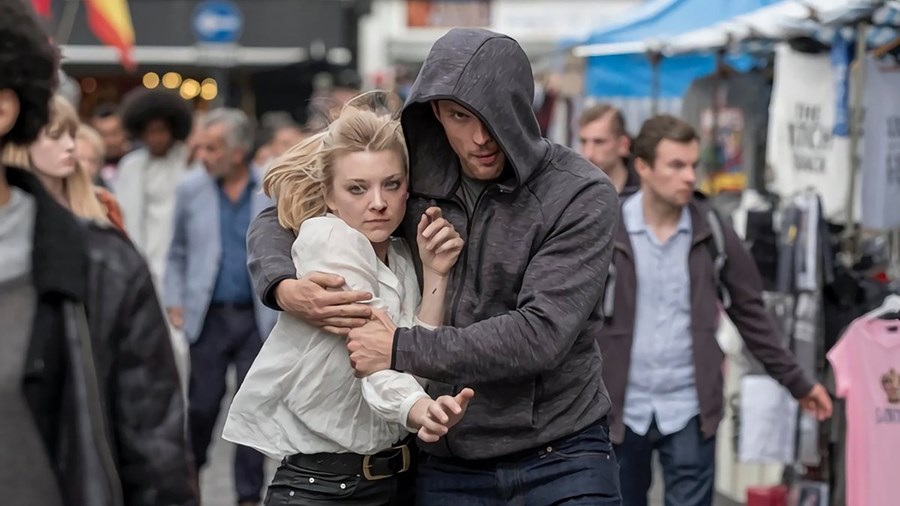
In Darkness (2011)
Green Border, Holland’s latest film, has courted even greater controversy and official censorship in Poland. Depicting the plight of migrants caught in the Belarus-European Union Border Crisis, it shows the perspective of both refugees and Polish border guards with stark, black-and-white realism, which prompted Minister of Justice Zbigniew Ziobro to tweet: ‘In the Third Reich, the Germans produced propaganda films showing Poles as bandits and murderers. Today they have Agnieszka Holland for that.’ Green Border urges its audience to stop being complicit with dehumanisation of all kinds, and to take up resistance against it. At the age of 75, Holland continues to provoke and force acknowledgement of the crimes of governments and regimes without apology. It is up to us as her audience to never look away.
WATCH GREEN BORDER IN CINEMAS



